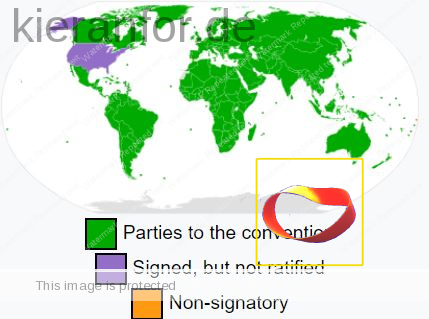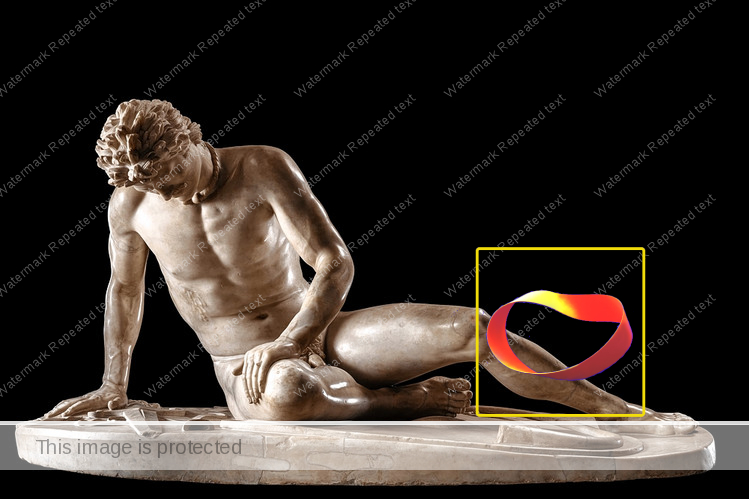Oct 11 (in progress)
“Ag-gag laws” hide the cruelty of factory farms from the public. Courts are striking them down. [Vox]
Heard about “ag-gag laws” the other day and did some reading.
“ag gag” laws, which criminalize the undercover investigations that reveal abuses on farms.
It’s interesting how these laws are in direct conflict with some constitutional rights in the US but are on the books in some states, at least for now, in order to protect the agriculture sector. The sacrosanct first amendment has to take a back seat when it related to big business and the economy.
Watch: Rocky Road to Dublin
“attempt to reconstruct with the camera the plight of an island community which survived more than 700 years of English occupation – and then nearly sank under the weight of its own heroes”
link
Oct 9
Watch: Poitín; Is tUisce Deoch Ná Scéal (A drink comes before a story).
A film about the making of poitín (Irish “moonshine”)
Oct 5
Story of cities #25: Shannon – a tiny Irish town inspires China’s economic boom [Guardian]. More here.
I was catching up with some old friends over the phone today. Emma, Sam, and I met at the White Sail in Changchun around this time 17 years ago! One of the things that came up was:
- This is a fascinating article on how Shannon was the model for Shenzhen. There is a great picture showing Jiang Zemin visiting Shannon in 1980; the article mentions that Hu Jintao visited in 2005 and Xi Jinping visited in 2012.
After watching Schooling the World again this week, I searched out the story below. I found it on Paulo Coelho’s website but the origin of the story can be found here.
The fisherman and the businessman
There was once a businessman who was sitting by the beach in a small Brazilian village.
As he sat, he saw a Brazilian fisherman rowing a small boat towards the shore having caught quite few big fish.
The businessman was impressed and asked the fisherman, “How long does it take you to catch so many fish?”
The fisherman replied, “Oh, just a short while.”
“Then why don’t you stay longer at sea and catch even more?” The businessman was astonished.
“This is enough to feed my whole family,” the fisherman said.
The businessman then asked, “So, what do you do for the rest of the day?”
The fisherman replied, “Well, I usually wake up early in the morning, go out to sea and catch a few fish, then go back and play with my kids. In the afternoon, I take a nap with my wife, and evening comes, I join my buddies in the village for a drink — we play guitar, sing and dance throughout the night.”The businessman offered a suggestion to the fisherman.
“I am a PhD in business management. I could help you to become a more successful person. From now on, you should spend more time at sea and try to catch as many fish as possible. When you have saved enough money, you could buy a bigger boat and catch even more fish. Soon you will be able to afford to buy more boats, set up your own company, your own production plant for canned food and distribution network. By then, you will have moved out of this village and to Sao Paulo, where you can set up HQ to manage your other branches.”The fisherman continues, “And after that?”
The businessman laughs heartily, “After that, you can live like a king in your own house, and when the time is right, you can go public and float your shares in the Stock Exchange, and you will be rich.”
The fisherman asks, “And after that?”
The businessman says, “After that, you can finally retire, you can move to a house by the fishing village, wake up early in the morning, catch a few fish, then return home to play with kids, have a nice afternoon nap with your wife, and when evening comes, you can join your buddies for a drink, play the guitar, sing and dance throughout the night!”
The fisherman was puzzled, “Isn’t that what I am doing now?”
Oct 2
I sued the school system. Interesting “spoken word” piece that someone suggested I check out.
Oct 1
The Universal Declaration of Human Rights [1948]
I came across this today and was struck by some of the language in Article 26.
- (1) Everyone has the right to education. Education shall be free, at least in the elementary and fundamental stages. Elementary education shall be compulsory. Technical and professional education shall be made generally available and higher education shall be equally accessible to all on the basis of merit.
- (2) Education shall be directed to the full development of the human personality and to the strengthening of respect for human rights and fundamental freedoms. It shall promote understanding, tolerance and friendship among all nations, racial or religious groups, and shall further the activities of the United Nations for the maintenance of peace.
- (3) Parents have a prior right to choose the kind of education that shall be given to their children.
(China watchers might be interested to note the use of the term “rule of law” in the preamble.) The UDHR carries no legal obligation but the International Covenant on Economic, Social and Cultural Rights [ICESCR; 1966] which does, contains almost the same text. Also, the International Covenant on Civil and Political Rights [ICCPR: 1966] mentions in Article 18 that
- (4)The States Parties to the present Covenant undertake to have respect for the liberty of parents and, when applicable, legal guardians to ensure the religious and moral education of their children in conformity with their own convictions.
See also The Bangkok Declaration [Wiki] “considered to be a landmark expression of the Asian values perspective, which offers an extended critique of human rights universalism… calling for greater emphasis on economic, social, and cultural rights—in particular, the right to economic development over civil and political rights.”
The Convention on the Rights of the Child [UNCRC: 1989] gives greater emphasis to the overall well being of the child. Article 29 (c) states that the education of the child shall be directed to:
(c) The development of respect for the child’s parents, his or her own cultural identity, language and values, for the national values of the country in which the child is living, the country from which he or she may originate, and for civilizations different from his or her own;
(e) The development of respect for the natural environment.

Blood of the Irish: What DNA Tells Us About the Ancestry of People in Ireland. I’m not a Celt! Whale oil beef hooked!

